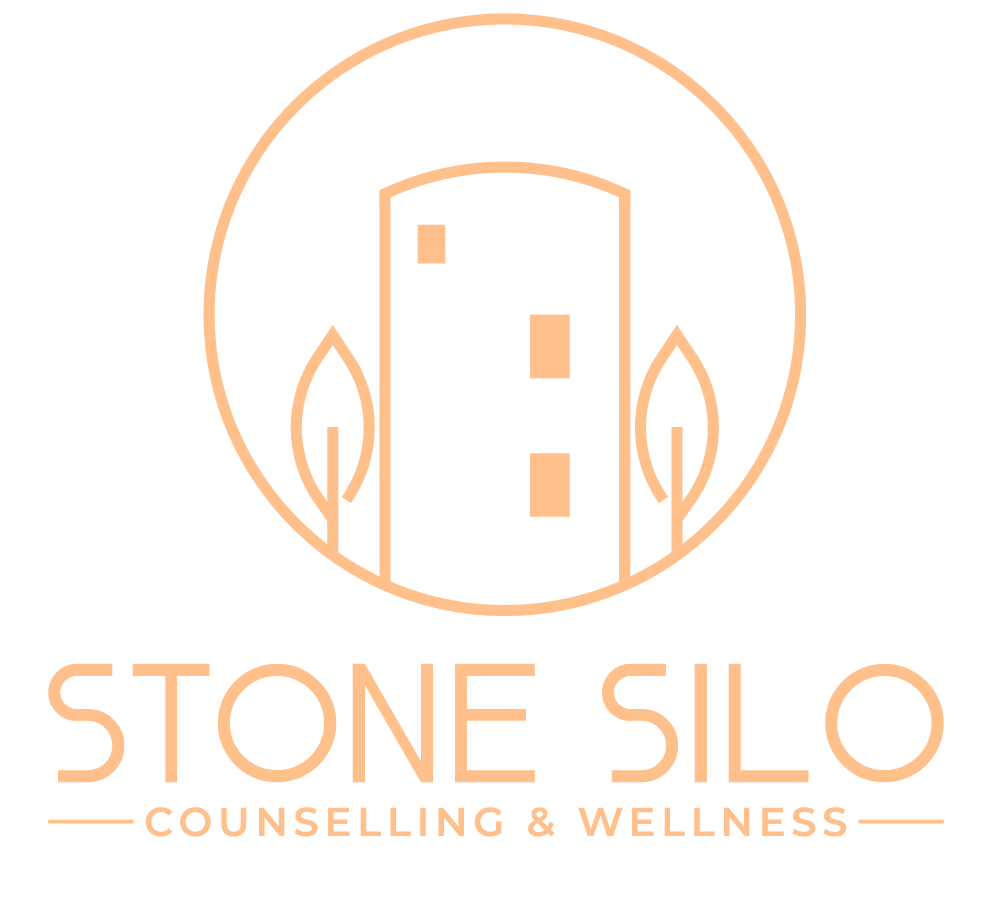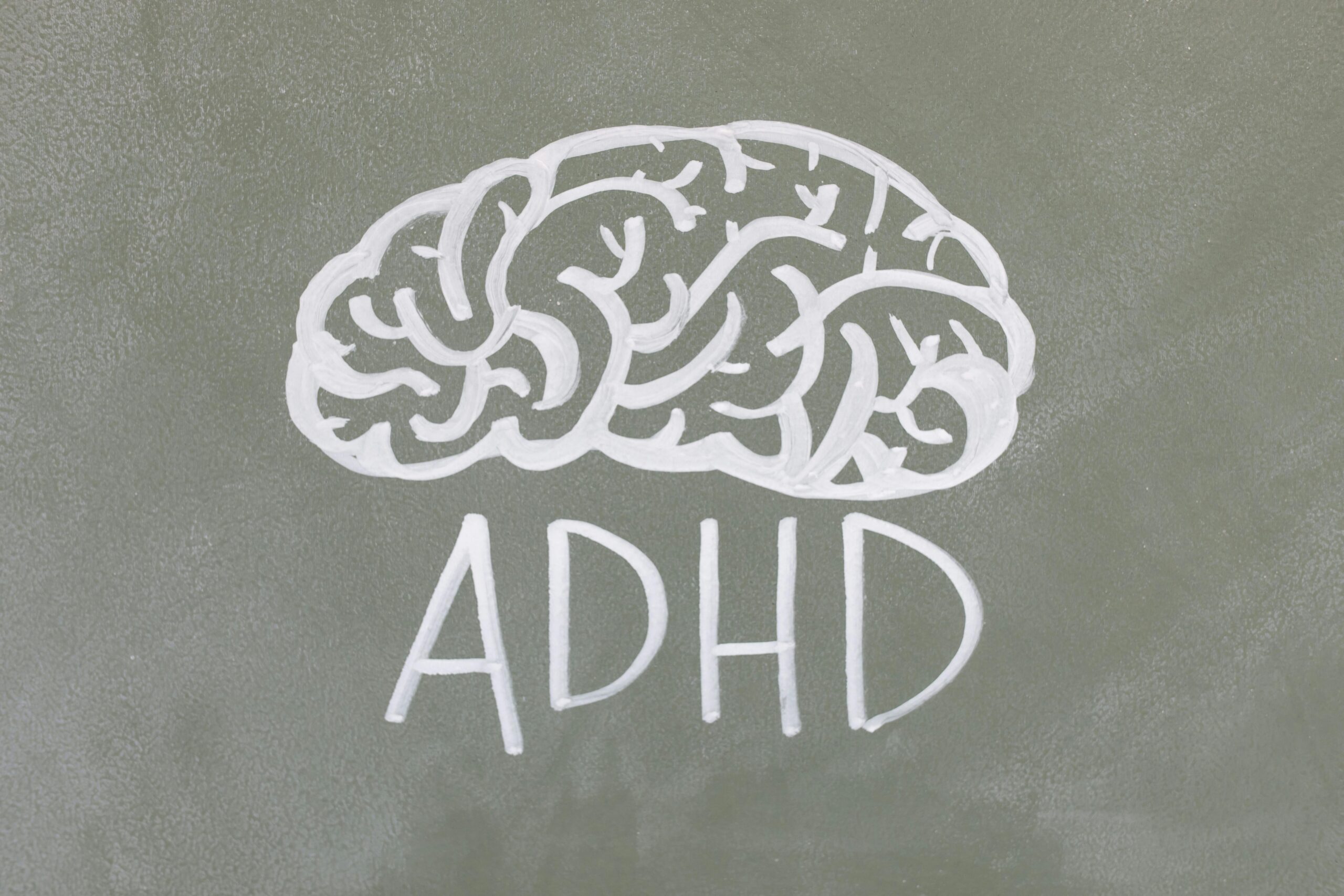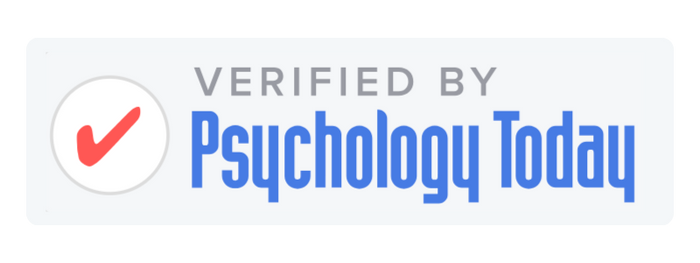Attention Deficit Hyperactivity Disorder (ADHD) is often associated with children, but many adults also navigate its challenges daily. From difficulties with focus and time management to struggles with organization and emotional regulation, ADHD can impact various aspects of life. However, with the right strategies, it’s possible to enhance productivity, well-being, and overall balance.
If you’re an adult with ADHD, you may experience frustration with procrastination, forgetfulness, or difficulty completing tasks. The good news? There are practical ways to manage these challenges. This guide explores tips and techniques to help you navigate daily life while playing to your strengths.
Understanding Your ADHD: Awareness is Key
Before implementing strategies, it’s important to recognize how ADHD affects you personally. Since it manifests differently for everyone, self-awareness is the first step to managing it effectively.
Pay attention to when you feel most focused and productive, and note the times when you struggle the most. Identify patterns—are there certain times of the day when concentration is harder? Do specific environments help or hinder your productivity? Educating yourself about ADHD through books, podcasts, or expert resources can also provide valuable insights into how your brain works.
Building self-awareness allows you to choose tools and strategies that align with your unique needs.
Mastering Time Management
Adults with ADHD often struggle with time blindness, making it difficult to estimate and manage time. They may underestimate how long tasks take or get caught up in hyperfocus, losing track of time. This can lead to missed deadlines, stress, and frustration. However, building effective time management habits can make daily life smoother.
- Use Visual Timers: Digital or physical timers (such as the Pomodoro technique) can help you track time while working. Setting a timer for tasks can also prevent hyperfocus on one thing while neglecting other responsibilities.
- Time Blocking: Scheduling specific time slots for tasks using a planner or calendar can create structure. Colour-coding different activities, such as work, self-care, and social time, can make planning more visually effective.
- Plan Your Day the Night Before: Writing a realistic to-do list before bed gives you a clear sense of direction for the next day. Prioritizing 3–5 important tasks helps prevent feeling overwhelmed.
- Set Alarms and Reminders: Multiple alarms throughout the day can keep you on track. Smart assistants and reminder apps can also help with appointments and deadlines.
Beating Procrastination
Procrastination often stems from overwhelm or perfectionism. Many adults with ADHD struggle to start tasks because they feel too big or uncertain about where to begin. Overcoming procrastination requires breaking tasks into manageable steps and using external motivators.
- Break Down Large Tasks: Dividing big projects into smaller, manageable steps makes them feel less daunting. Acknowledging each completed step keeps motivation high.
- Follow the Two-Minute Rule: If a task takes two minutes or less, do it immediately. This prevents small tasks from accumulating into an overwhelming to-do list.
- Try the Body Double Method: Working alongside someone else, either virtually or in person, can improve focus and accountability.
- Create External Accountability: Sharing your goals with a friend, coworker, or through apps like Focusmate can increase motivation and help maintain consistency.
Organization and Decluttering Hacks
Staying organized can be difficult with ADHD, but simple strategies can make a big difference. Many adults with ADHD struggle with misplaced items, clutter buildup, and difficulty maintaining organization over time. Creating easy-to-follow systems can help simplify daily life.
- Simplify Your Space: Keeping frequently used items in designated spots reduces unnecessary searching and clutter.
- Use Clear Storage Bins: Transparent bins allow you to see what’s inside without rummaging through everything. Labelling containers keeps categories clear.
- Follow the One-Touch Rule: Instead of setting things down randomly, put them in their proper place immediately. This habit minimizes clutter.
- Embrace Digital Organization: Apps like Notion, Evernote, or Trello help track tasks and ideas. Keeping digital files structured with clear naming conventions prevents information from getting lost.
Improving Focus and Attention
Distractions can be a major challenge, but certain techniques can help ADHD brains improve concentration. Many adults with ADHD struggle with shifting attention, especially when working on tasks that feel uninteresting or tedious. Creating an environment that supports focus can be a game-changer.
- Find Your Optimal Work Environment: Experiment with different settings, such as quiet spaces, coffee shops, or background music, to discover what enhances your focus.
- Use the Pomodoro Technique: Working in focused sprints, such as 25 minutes of work followed by a 5-minute break, can boost productivity. Adjust intervals based on your attention span.
- Incorporate Fidget Tools: Small physical movements, like using a stress ball or chewing gum, can help manage restless energy and improve focus.
- Wear Noise-Cancelling Headphones: Blocking out distractions with background noise apps like Noisli can improve concentration.
Managing Emotional Regulation
ADHD often comes with intense emotions, making regulation a key focus area. Many adults with ADHD experience difficulty processing emotions, leading to frustration or impulsivity. Learning to navigate emotions can create a greater sense of balance.
- Practice Mindfulness and Meditation: Developing self-awareness through mindfulness can help manage emotional responses. Guided meditation apps like Headspace or Insight Timer offer short, effective sessions.
- Reframe Negative Thoughts: Challenge perfectionism and self-criticism by reminding yourself that mistakes are learning opportunities, not failures.
- Try Journaling for Emotional Clarity: Writing down thoughts can help process emotions. Prompts like “What’s bothering me?” or “What’s one good thing that happened today?” can provide insight.
- Use Movement as an Outlet: Physical activity, such as walking, yoga, or dancing, can help regulate emotions and improve mood.
Building Better Habits
Forming habits can be challenging with ADHD, but small adjustments make a difference. Many struggle to stick with routines, but structuring habits around existing ones can create lasting change.
- Use Habit Stacking: Attach new habits to existing routines. For example, take medication right after brushing your teeth to build consistency.
- Make It Fun: Turning tasks into a game or rewarding yourself can reinforce positive behaviours.
- Start Small: Introducing one small habit at a time makes change more manageable and builds motivation over time.
Medication and Professional Support
Medication can be a helpful tool for managing ADHD, but it’s not the only solution. If you’re considering it, consult a healthcare provider to explore options. Finding the right medication and dosage may take time, and it often works best when combined with behavioural strategies.
Therapy or coaching can also provide valuable support. Cognitive Behavioural Therapy (CBT) helps with negative thinking patterns, while ADHD coaching offers personalized strategies for managing daily challenges.
Navigating Relationships with ADHD
ADHD can present unique challenges in relationships, affecting communication, emotional regulation, and follow-through on commitments. Forgetfulness, impulsivity, and difficulty staying present can sometimes lead to misunderstandings with partners, family, or friends. However, strong relationships are possible with awareness and intentional strategies.
- Be Honest About Your ADHD: Educating your partner, friends, or coworkers about how ADHD affects you fosters understanding and sets realistic expectations.
- Use Shared Calendars: Coordinating schedules with partners or colleagues using apps like Google Calendar improves planning and reduces miscommunication.
- Practice Active Listening: Engaging in conversations by repeating key points or taking notes helps with retention and attentiveness.
Self-Compassion: ADHD is Not a Character Flaw
Above all, practice self-kindness. ADHD is a neurodevelopmental condition, not a result of laziness or lack of willpower, and it impacts how your brain processes information. Acknowledge your strengths—many people with ADHD are creative, passionate, and great problem-solvers. Avoid comparing yourself to neurotypical standards and focus on strategies that work for you.
Celebrate small wins—every step forward is progress.
How Stone Silo Can Help
Managing ADHD as an adult requires a combination of structure, flexibility, and self-compassion. By experimenting with different strategies and finding what suits you, it’s possible to create a life that aligns with your strengths. The key is to focus on progress, not perfection. ADHD comes with challenges, but with the right tools and mindset, you can build a fulfilling and productive life on your terms.
At Stone Silo, we offer expert support for adults navigating ADHD. Our team of experienced therapists provides personalized strategies tailored to your specific needs. Whether you’re looking for help with time management, emotional regulation, or organization, we’re here to support you. We proudly serve Waterloo and Listowel, offering compassionate and professional care to help you live a balanced and fulfilling life.
Contact us today to learn more about how we can support you on your journey.





